The views expressed in our content reflect individual perspectives and do not represent the authoritative views of the Baha'i Faith.
Anisa Tavangar and I met here in New York City. She’s becoming a closer and dearer friend the more time we spend together.
As we’ve deepened our friendship, I’ve had the honor of watching her develop a beautiful platform for spiritually-minded media. “Media” often gets a bad rep, so being able to understand how she’s using its power to enhance the spiritual radiance of others is fascinating and inspiring.
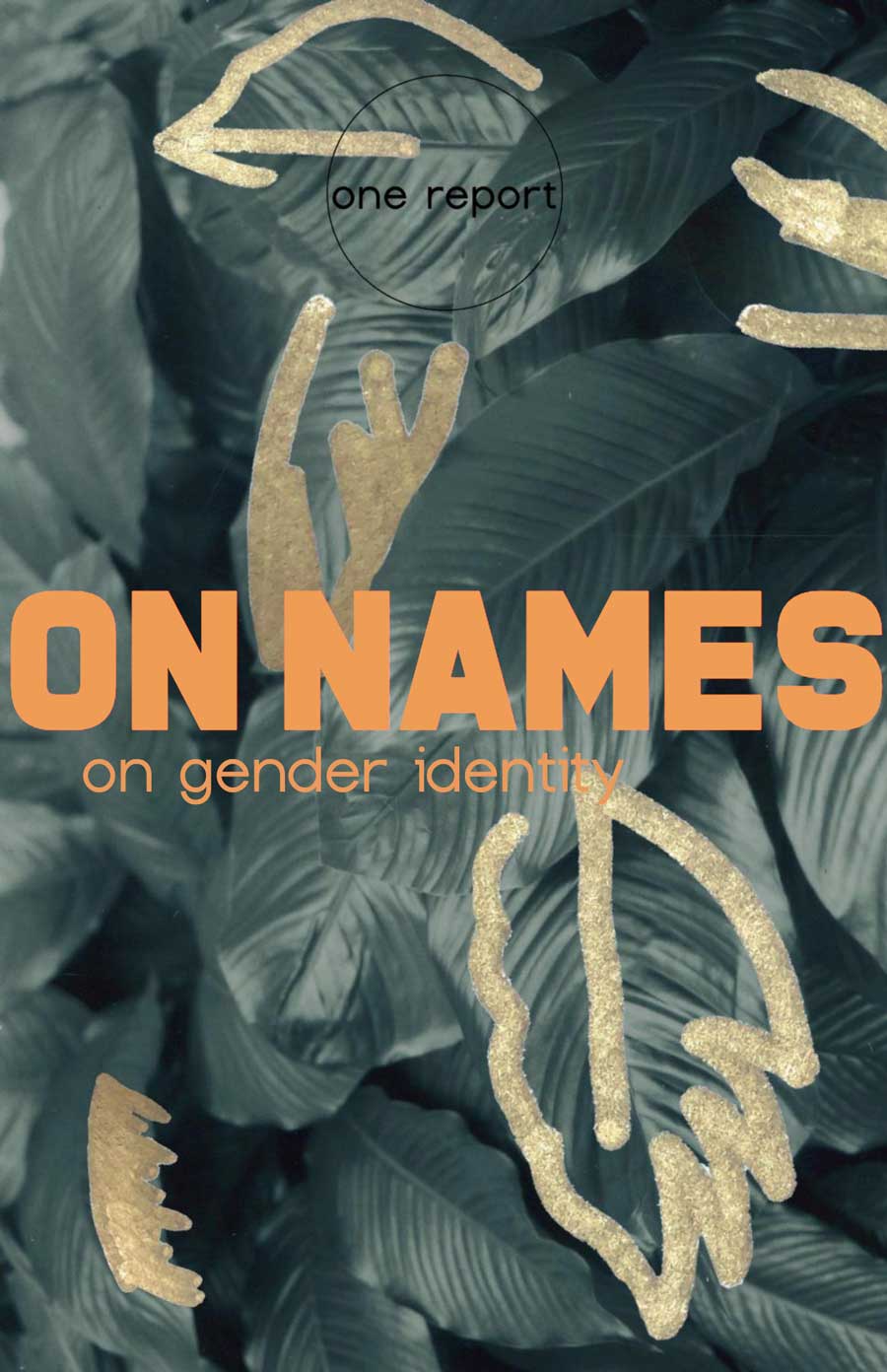 In this interview, she shares a bit about her background and her journey to developing One Report—a spiritually-minded magazine.
In this interview, she shares a bit about her background and her journey to developing One Report—a spiritually-minded magazine.
Q: Where do you live, where are you from and how did you get here?
A: I grew up outside of Philadelphia, but I have lived in New York City for almost five years. I came to New York for college after serving in Haifa, Israel, at the Baha’i World Center for a year. I chose New York for college because I wanted an environment that was lively and somewhere I had easy access to a lot of art!
Q: What is your history with art, writing, and beauty?
A: My initials are A.R.T. so it’s been a little bit of a family joke that it’s been my destiny since birth to be art-minded. In high school, did two things that radically changed my life—I read the Autobiography of Malcolm X and I discovered art history. Malcolm taught me to always work towards justice and to constantly reconsider and grow my own perspective. Art history taught me that art is so much more than making—that it’s an incredibly dynamic thing that surpasses all limitations of time and space. I found little ways to incorporate art into my daily life by taking art classes on weekends at universities in Philadelphia and getting involved as a graphic designer for my school newspaper, but playing with makeup and nail polish also introduced me to art and beauty. When I would paint intricate designs on my fingernails or practice drawing on a perfectly precise winged eyeliner, I gave myself time to meditate. Routines of art and especially of beauty became routines of meditation and reflection, which taught me that art doesn’t have to be something so serious or permanent.
Writing has also always been a way for me to center myself. I love learning and research so I never minded writing essays in school, especially not in college, when I honed in more on my interests and had the freedom to explore those through assignments. I write because it’s a way for me to understand what I am thinking and feeling. By playing around with words, finding the perfect adjectives and verbs to explain myself, I better understand my own mind and experiences.
Q: What draws you to these focuses?
A: Creativity is a capacity of the soul. I create, through words or through images, because I have a spiritual inclination to do so. I believe that visual culture, whether the paintings on the walls of a museum or the images on an Instagram feed, is important in shaping how we see ourselves and our place in the world. There is so much power in creative output, at whatever level, and I am drawn to them as a maker, a friend, a curious mind, and a reflective soul. Attraction to beauty is also a spiritual quality so we shouldn’t feel foolish or naive for being interested in art, fashion, beauty, makeup, photography, or taking selfies. There are different uses for each and varying levels of relevance in a moment, but it’s all connected.
Art and beauty will never go away. If anything, as we move towards becoming a more spiritually informed society, they will have a greater importance. Instead of putting down certain kinds of art, I am interested in thinking about how these things will look when informed by attributes like generosity, patience, and cooperation.
Q: Could you share a little bit about what One Report Magazine is?
A: One Report is spiritually-minded media, where people of all faith backgrounds and beliefs can discuss issues of faith and spirituality—a platform for reflection in ways that feel relevant, relatable, elevated, and stirring. It is published at the beginning of each Baha’i month, the content focusing on the attribute of that month, but is not strictly for or by Baha’is.
For example, for the Baha’i month of Glory, the issue was “One Report On Glory” and contributors shared pieces about how they understood God through tests, community, culture, and prayer. We had contributors from Baha’i, Catholic, Protestant, and Hindu backgrounds.
Our upcoming issue, On Beauty, focuses on blackness in spiritual spaces and paths and includes writers with Baha’i, Muslim, spiritual, and Christian perspectives. I want One Report to be a platform for people to discuss things that impact the expression of their soul, regardless of stigma. Future issues will focus on issues of race, sexuality, gender, and mental health, among other topics.
Q: What inspired you to create One Report Magazine?
A: In January, I heard about a zine created by Baha’i youth in the ’90s called “One” and the idea burrowed into my brain. I had to create something like it. The name One Report is a bit of an homage to that project.
When I think about what spiritual media is, a lot of it can come across as very specific to one faith or completely ambiguous, devoid of concepts like God or the soul. I wanted to make something that was somewhere in the middle, reflecting the way my friends, people from so many spiritual backgrounds, and I talk about religion. It doesn’t matter if someone subscribes to the teachings of a certain faith or any faith at all, I am interested in how we can explore these big concepts and questions together.
Q: Does any Baha’i principle or quote come to mind that encourages you to keep working on One Report?
A: There are a few quotes from the Baha’i writings and from the writer James Baldwin that inspire a lot of the work I do. In Paris Talks, Abdu’l-Baha said:
Man—the true man—is soul, not body; though physically man belongs to the animal kingdom, yet his soul lifts him above the rest of creation. Behold how the light of the sun illuminates the world of matter: even so doth the Divine Light shed its rays in the kingdom of the soul. The soul it is which makes the human creature a celestial entity!
By the power of the Holy Spirit, working through his soul, man is able to perceive the Divine reality of things. All great works of art and science are witnesses to this power of the Spirit. – Abdu’l-Baha, Paris Talks, p. 85.
This quote reminds me that the art and writing we all create are reflections of the soul—and when we create, we tap into that celestial capacity. That feels magical.
Elsewhere, in Some Answered Questions, Abdu’l-Baha said:
If we were to deny all that is not accessible to the senses, then we would be forced to deny realities which undoubtedly exist. For example, the ether is not sensible, although its reality can be proven. The power of gravity is not sensible, although its existence is likewise undeniable. Whence do we affirm their existence? From their signs. For instance, this light consists of the vibrations of the ether, from these vibrations we infer its existence. – Abdu’l-Baha, Some Answered Questions, newly revised edition, p. 219.
I love thinking about ephemeralities. It can be difficult to explain why or how creative expression can impact us so deeply. This quote reminds me that the impact of creative expression, the impact of the soul, doesn’t have to be explained to be real. In fact, it is through the majesty of those things that are difficult to identify that we are overcome with awe.
From James Baldwin, my favorite essay of his is “The Creative Process.” He talks about how creativity is a spiritual capacity and how artists have a responsibility to confront deeper truths of existence by going beyond visible realities. It’s a very short essay; I would recommend reading it a few times over.
Q: In what ways does this impact how you do your work?
A: These wisdoms impact what I do because they are reminders that I don’t have to understand everything perfectly to understand their impact. As a society, we have a tendency to place too much emphasis on material power and think that fields that draw conclusive answers have more potency than the more ambiguous ones. I am excited and inspired by the ambiguity because it means that there is always more we need to push ourselves to understand. The answers to these questions change in perpetuity and from person to person, place to place, moment to moment, so the work is never done. All we can hope to do is invite more people to participate in seeking that truth.
Q: How can folks follow One Report Magazine?
You can follow One Report on Instagram, read our latest issues on issuu.com, email us at [email protected] to contribute or say hi, and see all of our relevant links and information here.


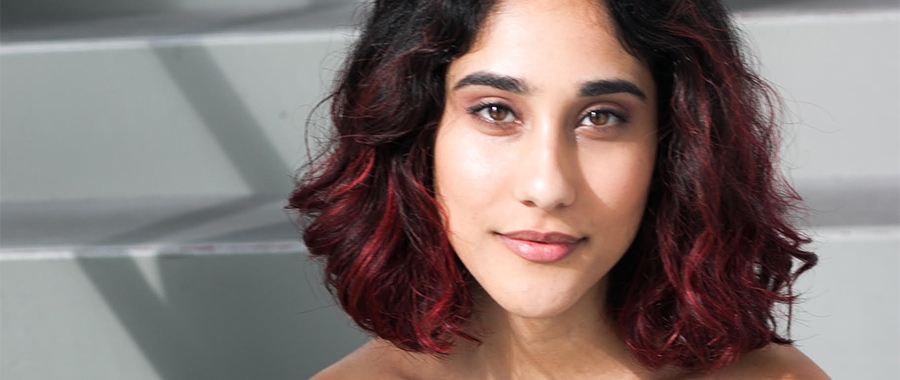
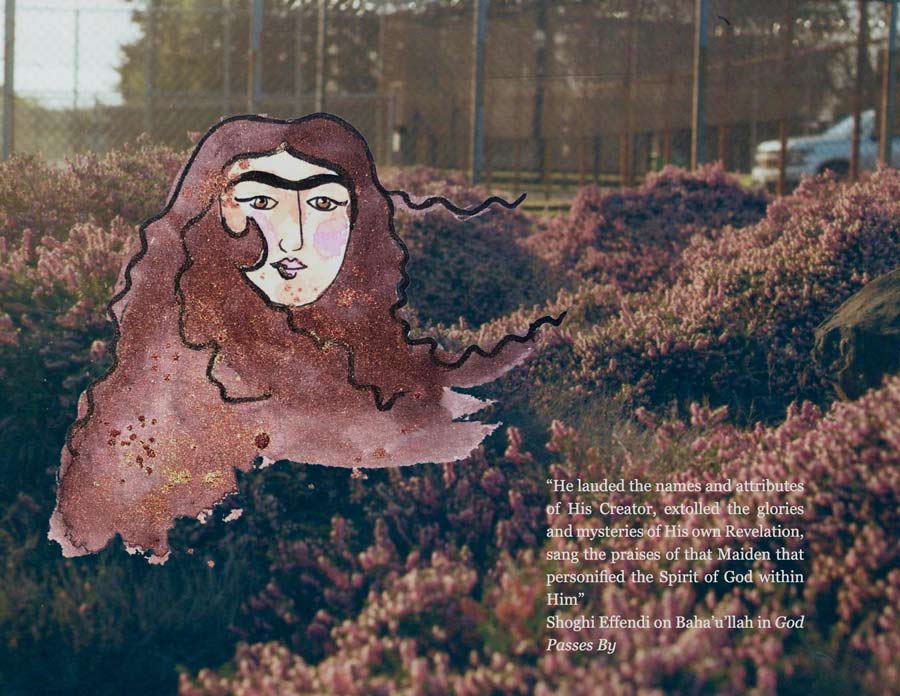

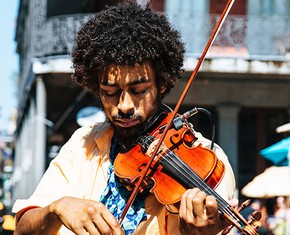
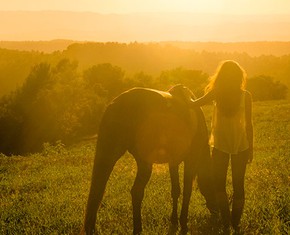










Comments
Sign in or create an account
Continue with Googleor